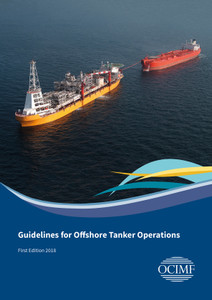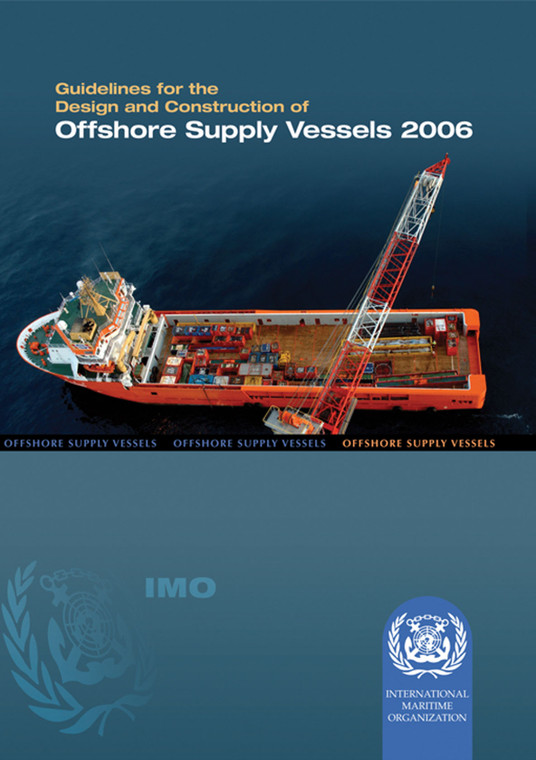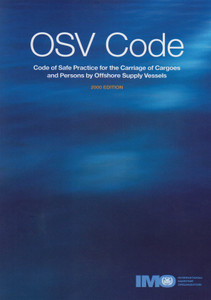
Guidelines for the Design and Construction of Offshore Supply Vessels 2006
The Guidelines for the design and construction of offshore supply vessels were adopted by the Assembly of the Organization in 1981 by resolution A.469(XII).
These Guidelines included guidance on intact stability that was later incorporated into the Code on Intact Stability for all types of ships covered by IMO instruments. To take account of the adoption of this Code and amendments to the SOLAS Convention that have entered into force after 1981, new Guidelines for the design and construction of offshore supply vessels were adopted in 2006. These new Guidelines also include a form of Document of Compliance for Offshore supply vessels.
Preamble
1 General
2 Intact stability
3 Subdivision and damage stability
4 Machinery and electrical installations
5 Fire protection
6 Life-saving appliances
7 Radiocommunications
8 Documentation
9 Transport of hazardous and liquid noxious substances in bulk
Appendix 1: Operational matters pertaining to stability criteria for offshore supply vessels
Appendix 2: Form of the Offshore Supply Vessel Document of Compliance
Resolution MSC.235(82)
IMO
As a specialised agency of the United Nations, the International Maritime Organization (IMO) is the global standard-setting authority for the safety, security and environmental performance of international shipping. Its main role is to create a regulatory framework for the shipping industry that is fair and effective, universally adopted and universally implemented.
In other words, its role is to create a level playing field so that ship operators cannot address their financial issues by simply cutting corners and compromising on safety, security and environmental performance. This approach also encourages innovation and efficiency.
Shipping is a truly international industry, and it can only operate effectively if the regulations and standards are themselves agreed, adopted and implemented on an international basis. And IMO is the forum at which this process takes place.
- Number of Pages:
- 18
- Published Date:
- January 2007
- Book Height:
- 0 mm
- Book Width:
- 0 mm
- Publication Date:
- January 2007
- Author:
IMO





